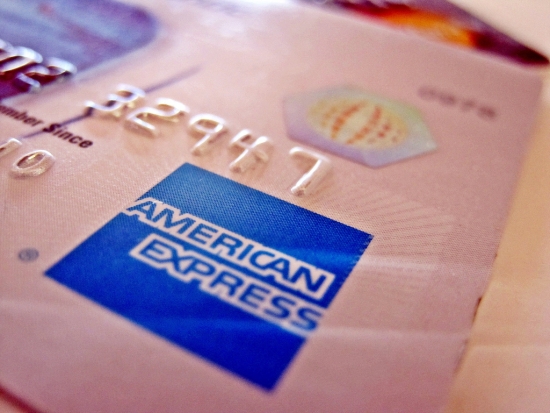Travel companies, retailers and airlines will be banned from charging excessive fees when people make debit or credit card payments online.

Consumers are currently being charged as much as £12 to use their cards when they pay, even though the transactions can cost as little as 20p to process.
Consumer minister, Jo Swinson, said companies had been getting away with using hidden fees to rip people off for far too long.
Surcharges have increased dramatically in recent years, particularly among low-cost airlines. The extra fees have been imposed on everything from utility bills to cinema tickets and holidays.
In some cases, the surcharges are greater than the value of the item being purchased.
Airlines, which currently charge some of the largest fees on bookings, make around £300 million a year from them, while rail corporations make around £50 million a year from charging customers extra.
Banks charge companies a merchant fee of around 2.3 per cent of purchases £50 and under on credit cards and around 1.1 per cent on debit cards.
When the amount increases to £500 or above, the fee lowers to around 1.9 per cent and 0.1 per cent for debit cards.
Companies will no longer be allowed to charge much more than the bank’s merchant fees.
Research carried out by the Office for Fair Trade found that 87 per cent of consumers objected to added charges for credit cards and 91 per cent objected to added charges for debit cards.
The ban was due to be introduced next year; however the Government brought it forward in line with the rest of Europe.
Executive director of Which?, Richard Lloyd, said last night: “Over 50,000 people supported our campaign to end rip off surcharges so we’re pleased the Government is implementing this ban.
“For it to be effective there must be a tough enforcement regime and companies must play fair and not pass costs on to customers in other ways.”
Consumer minister, Jo Swinson said: “The practice of excessive payment surcharges has been ripping off consumers for far too long.
“I am delighted that the ban will stop retailers from cashing in by charging add-on fees that simply do not reflect the real cost of processing the payment.
“Consumers will be less likely to get nasty surprises as they will have a clearer and more transparent breakdown of what they are paying for.”
Previous Post
Italian Chain Prezzo Unveils Expansion Plan